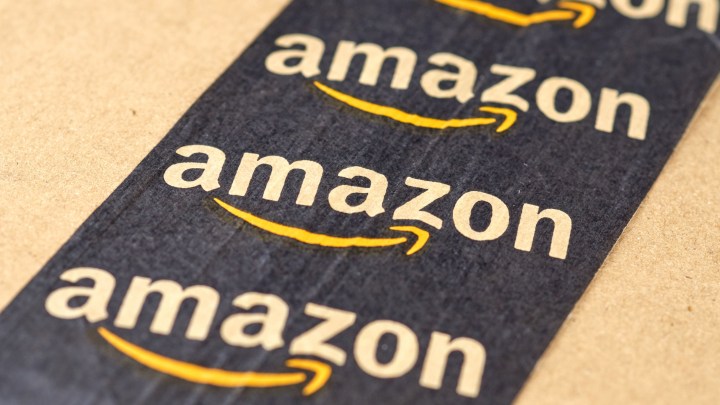
If you’re unfamiliar with the payment option, the process is much as the name suggests. Amazon customers can buy items with a single click — there’s no need for entering billing, payment, or shipping information. And while you may not have realized it, Amazon is in fact the one of the only such retailers who allows you to buy so seamlessly. Sure, the technology has expanded to some of the company’s other products, like Dash (which allows you to press a button to buy something) or Alexa (which allows you to simply speak to buy something), but those are all within the Amazon family.
Indeed, companies that attempted to create a similar process quickly incurred Amazon’s wrath. Back in 1999, Barnes & Noble attempted to apply a similar checkout option on its own website, and Amazon responded with a lawsuit. The case was not settled until 2002, and the terms of the settlement remained confidential.
Amazon did allow some other companies to make use of 1-click buying. For example, Apple licensed the tech in 2000, and other companies have done the same to avoid any legal action.
But now, there’s no need to fear Amazon any longer, not from a company’s perspective. However, that means that you should certainly fear for the contents of your wallet. According to NPR, “Facebook Google, Microsoft and other big players have been talking about how to develop an internet-wide 1-click checkout, where your credit card information moves with you from site to site.” Ken Wilbur, an associate professor at the Rady School of Management at UC San Diego, told the news program, “The main thing I would expect is the large tech companies that are not already licensing the patent from Amazon are very likely to implement their own versions of the technology immediately.”


